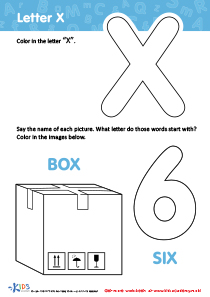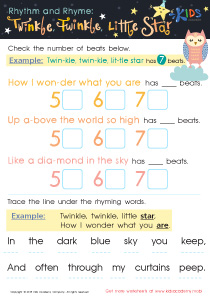English Language Arts Lessons | Respond to Stories Read Aloud, Grade 1
0 results
Introducing our Respond to Stories Read Aloud Lessons for Grade 1 students! Our interactive worksheets, educational videos, and assessment quizzes are designed to help young learners develop critical thinking skills, improve comprehension, and enhance their overall reading experience. Our program encourages children to engage with literature by responding to stories read aloud, helping them to develop important communication and social skills. Our expertly crafted lessons offer an exciting, engaging, and effective way for your child to learn how to actively listen and respond to stories. Sign up today and watch your child's love for reading grow in leaps and bounds!
Responsiveness is a vital life skill that can help children throughout their academic journey. Therefore, teaching elementary students in Grade 1 how to respond effectively to stories read aloud is essential. The Respond to Stories Read Aloud lessons have been designed to achieve this objective by providing interactive worksheets, educational videos, and assessment quizzes to ensure that the learning experience of the children is engaging, informative, and fun.
The Respond to Stories Read Aloud lessons are immensely beneficial to kids in their studies. First of all, it helps to improve their communication skills. In today's society, effective communication skill has become indispensable. By engaging in such lessons, children are exposed to various kinds of stories which not only help to improve their comprehension but also enhance their ability to answer questions, share opinions, and express feelings. Moreover, it enables them to develop their listening and speaking skills, basic components of communication.
Secondly, these lessons help to improve the analytical skills of the students. Responding to a story requires them to break down the elements of the story that they have heard, understand the underlying themes, ideas, and emotions, and then form an opinion about it. This process encourages them to think critically and logically, developing their analytical skills. In a class setting, the teacher can use the assessment quizzes to evaluate the student's ability to analyze, interpret, and evaluate the story they have heard.
Thirdly, the Respond to Stories Read Aloud lessons promote creativity and imagination. Listening to stories and responding to them requires students to imagine the world and characters described in the story vividly. This imaginative process is essential for stimulating creative thinking and problem-solving skills. Studies have shown that children who engage in imaginative play demonstrate greater creativity and problem-solving skills than those who do not.
Finally, these lessons help to improve academic performance. When children are exposed to stories that they can engage with, they are likely to enjoy the learning process and remember what they have learned easily. Additionally, the interactive worksheets and assessment quizzes provide an easy and structured way for teachers to monitor their progress. When children feel that they are making progress in their studies, their confidence increases; thus, the probability of them doing well in their academic studies goes higher.
In conclusion, the Respond to Stories Read Aloud lessons provide children with a platform to develop pivotal life skills such as communication, analytical, creative, and imaginative skills. These lessons can prove highly beneficial to kids in their studies, and it is crucial that every elementary student has access to them.



















